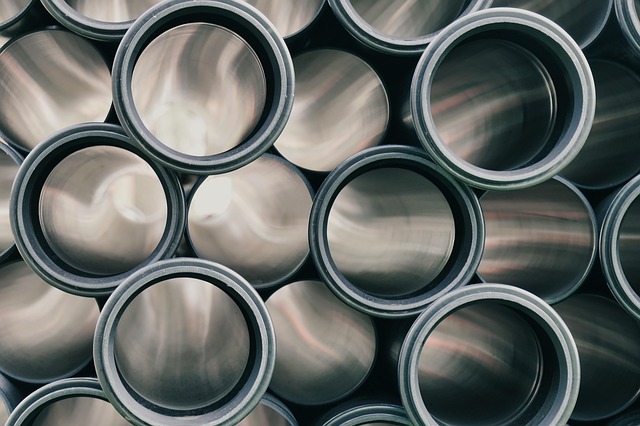Regular Septic System Maintenance is crucial for preventing costly repairs, minimizing environmental impact, and ensuring optimal performance. This involves periodic pumping, inspections every 3-5 years, checking drain fields and equipment health, responsible product use, and water usage management. Homeowners should recognize signs of trouble like slow drainage or unusual odors, as early intervention by professionals can extend the lifespan of the system.
Maintaining your septic system is vital for ensuring its long-lasting performance and preventing costly repairs. This comprehensive guide provides a detailed Septic System Maintenance Checklist, covering essential tasks and red flags to look out for. Understanding your septic system’s components and functionality is the first step. Learn about regular maintenance practices and signs of trouble to keep your system running smoothly. Implement these practices for optimal efficiency and peace of mind.
- Understanding Your Septic System: Components and Functionality
- Regular Maintenance Tasks for Optimal Performance
- Signs of Trouble: Identifying Red Flags and When to Call a Professional
Understanding Your Septic System: Components and Functionality

Understanding your septic system is a crucial step in maintaining its long-lasting performance. A typical septic system consists of several key components, each playing a vital role in treating and disposing of wastewater from your home or business. At the heart of the system is the septic tank, where organic matter is broken down by beneficial bacteria into simpler substances that can be absorbed into the soil.
After initial treatment in the tank, the effluent flows to the drain field, which is a network of pipes buried beneath the ground. Here, further filtration occurs as water seeps through the soil, removing any remaining contaminants before it reaches groundwater. Regular septic system maintenance involves checking these components for any signs of damage or blockage, ensuring proper functioning, and addressing issues promptly to prevent costly repairs and maintain environmental integrity.
Regular Maintenance Tasks for Optimal Performance

Regular septic system maintenance is essential for ensuring optimal performance and longevity. Tasks such as regular pumping and inspection every 3-5 years are crucial to prevent buildup and clogs, which can lead to costly repairs or even system failure. During inspections, professionals can identify potential issues like leaks, damage to pipes, or sediment accumulation, allowing for early resolution.
Additionally, routine maintenance includes checking the tank’s drain fields for any signs of damage or saturation, as well as inspecting and cleaning the pump and filter systems. Timely care also encompasses using septic-safe cleaning products and limiting water usage during peak periods to avoid overwhelming the system. These preventive measures contribute significantly to maintaining a healthy septic system, minimizing environmental impact, and safeguarding against unexpected disruptions.
Signs of Trouble: Identifying Red Flags and When to Call a Professional

Many homeowners often overlook the importance of regular septic system maintenance, which can lead to costly repairs or even environmental hazards. Knowing the signs of trouble is crucial for proactive care. One of the first indicators could be a noticeable change in drainage; if you notice slow-moving or clogged drains throughout your home, it may signal a problem within the septic system. Another red flag is unusual odours emanating from your yard or nearby areas. Septic systems that are not functioning optimally can produce distinct, unpleasant smells, especially around the tank and drain fields.
If you experience frequent overflows or backups in your plumbing, or if water levels in the tank rise excessively after a flush, these could be signs of capacity issues or damage. It’s also important to pay attention to any visible signs of damage or leaks around the septic tank and its connections. When in doubt, it’s best to call a professional for a thorough inspection. Regular maintenance checks by experts can help identify potential problems early on, ensuring your septic system operates efficiently and prolonging its lifespan.
Maintaining your septic system is essential for ensuring its longevity and optimal performance. By regularly scheduling maintenance tasks, you can prevent costly repairs and keep your system running smoothly. Remember, identifying red flags early on is crucial; regular checks, proper care, and quick action will help maintain the health of your septic system for years to come. Embrace responsible ownership by incorporating these practices into your routine—it’s an investment in your property and the environment.
